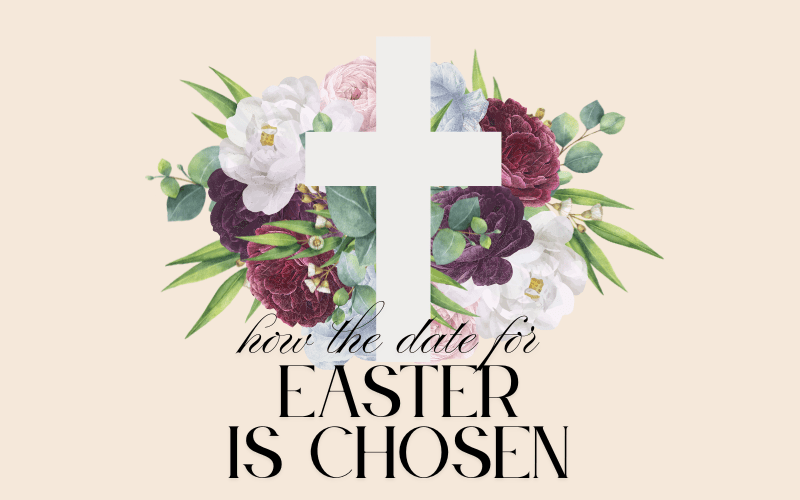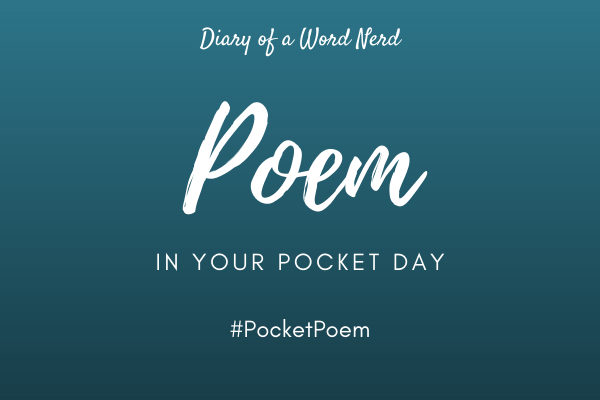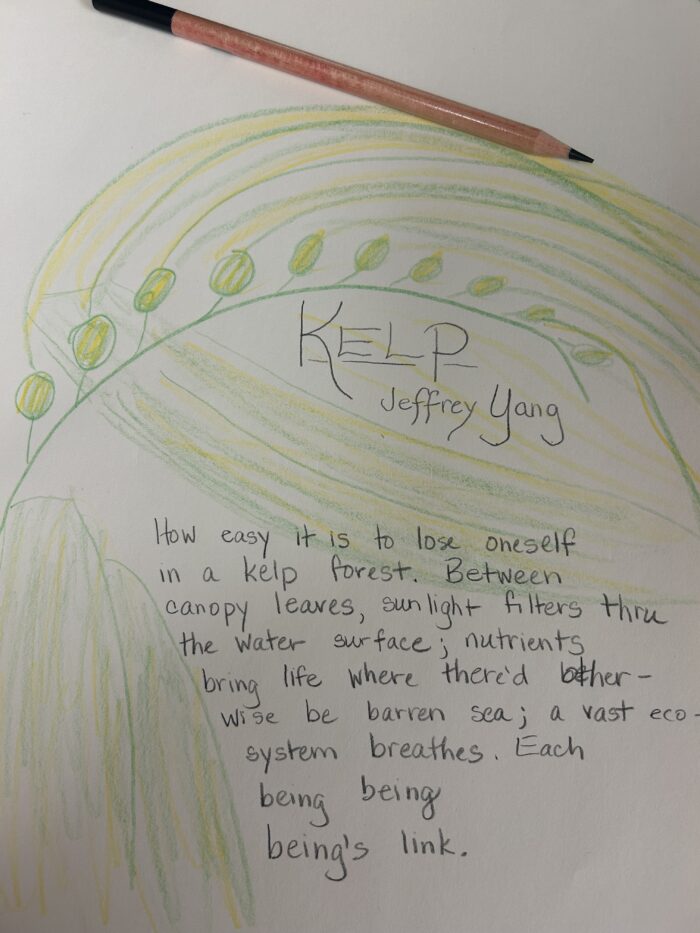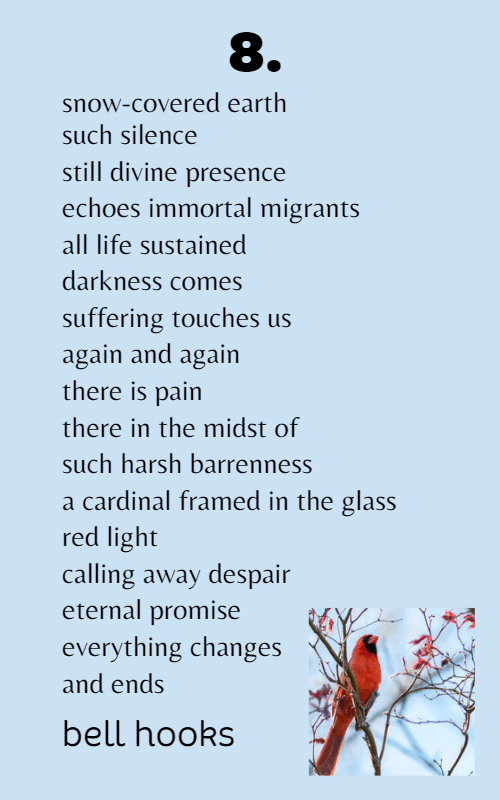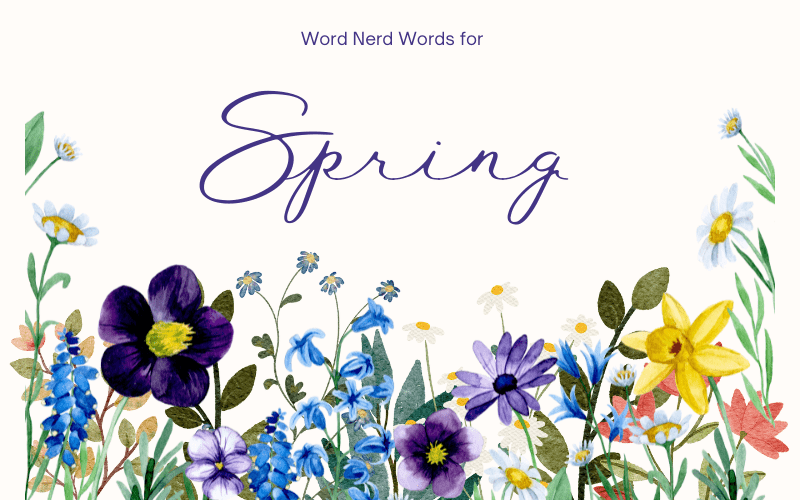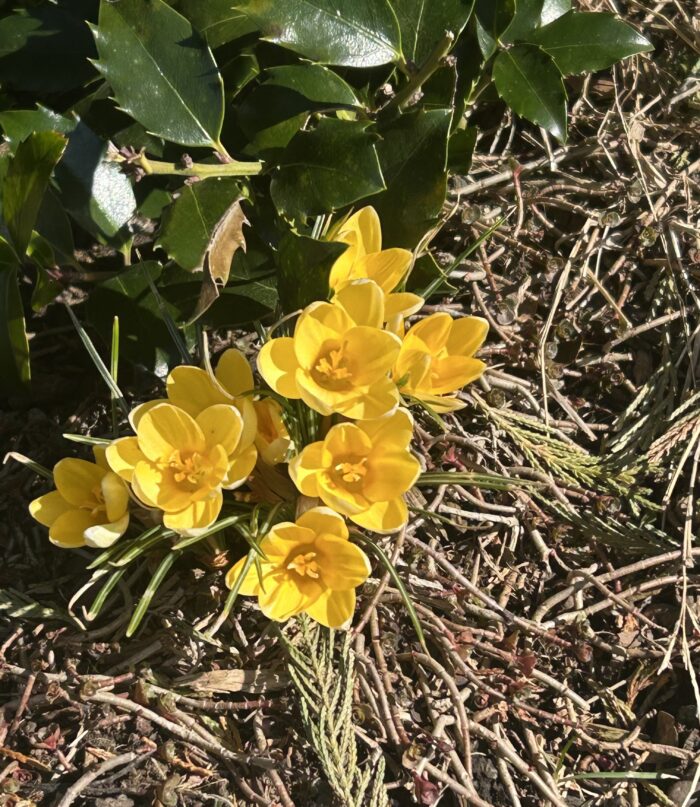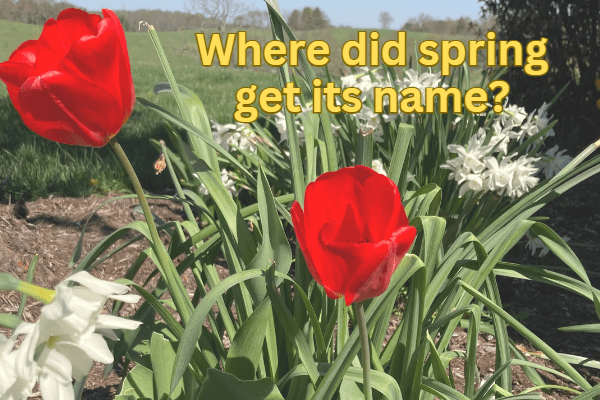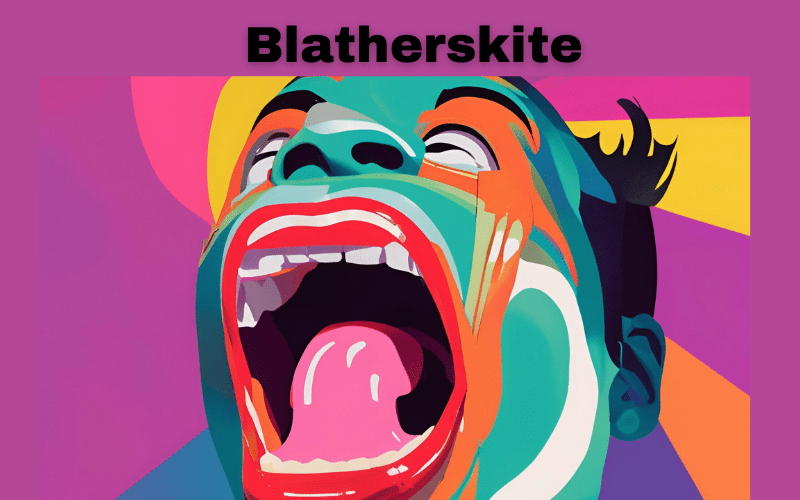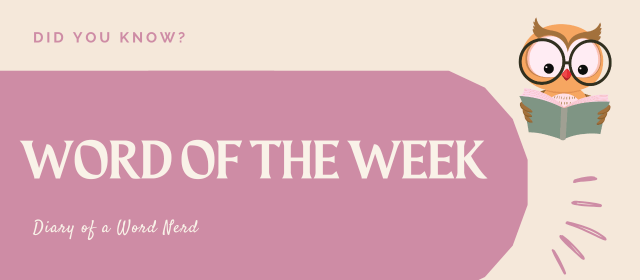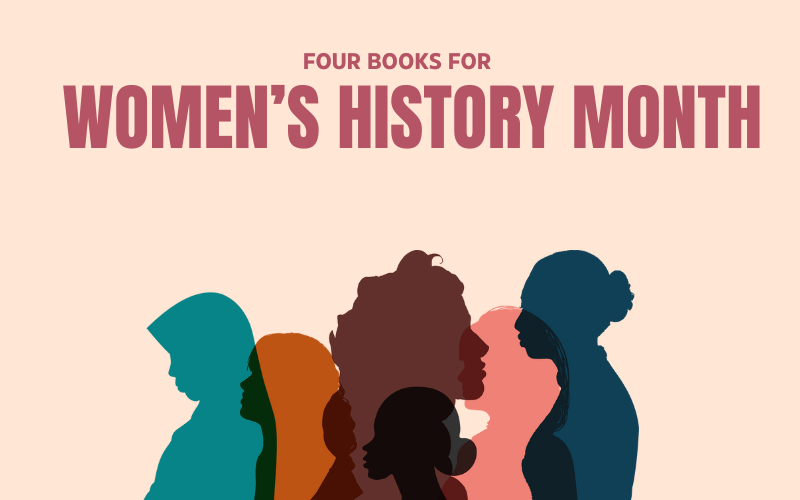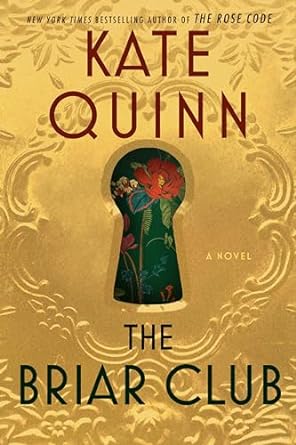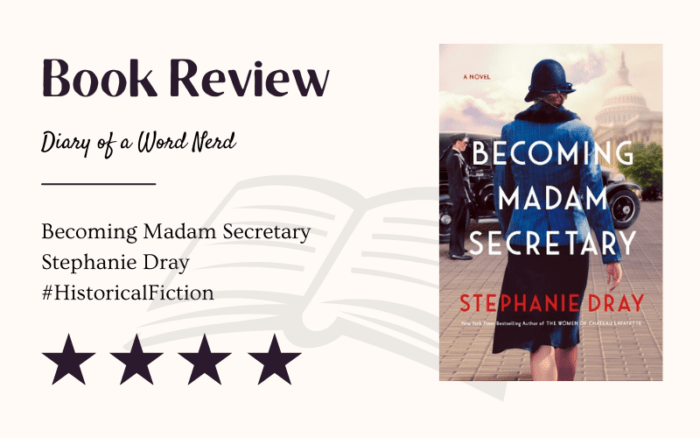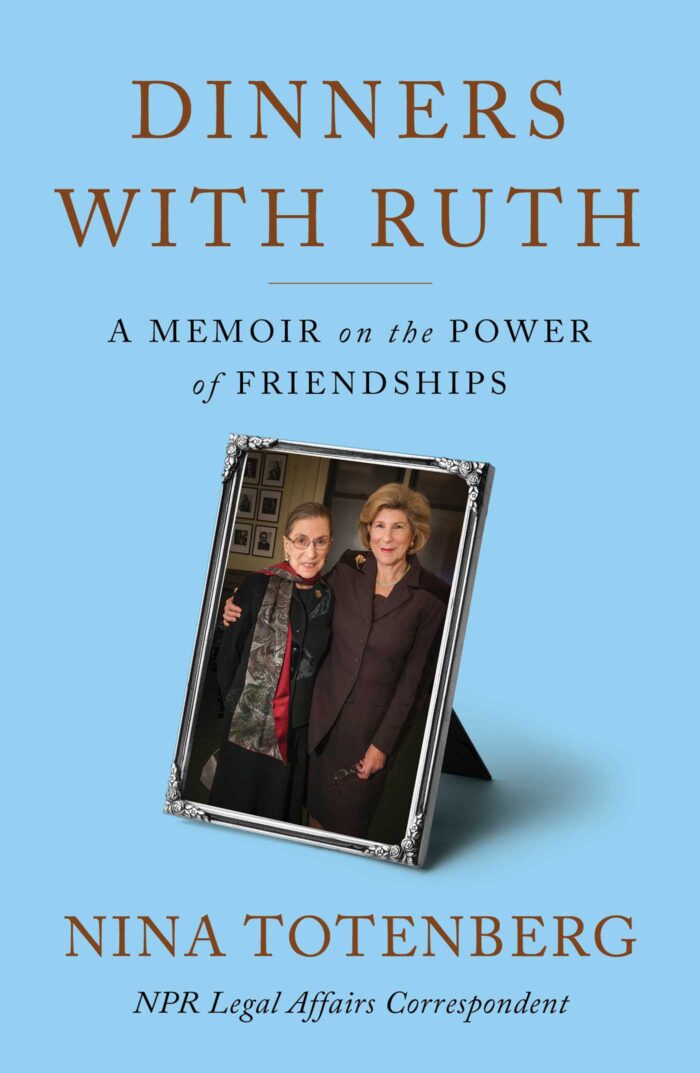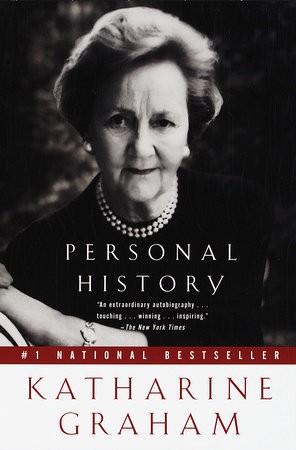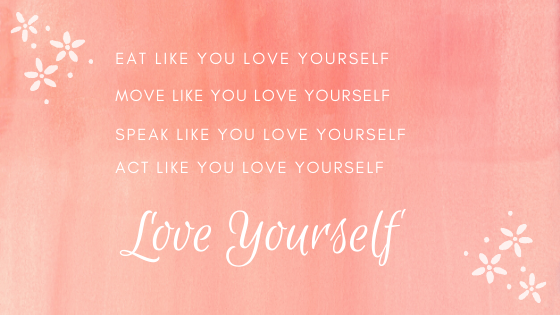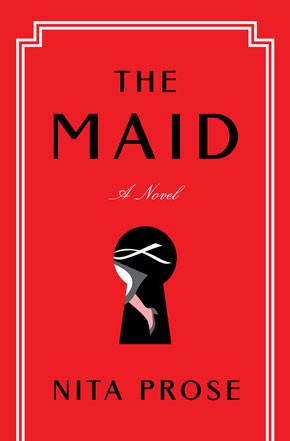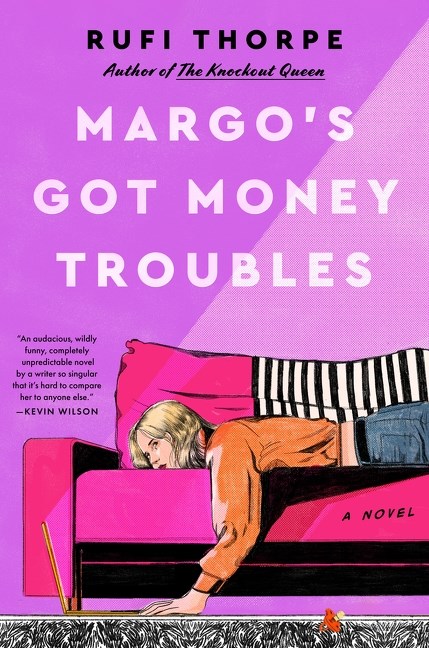Christians around the world will celebrate Easter a little late this year, on April 20. Easter Sunday is one of the most holy days of the Christian calendar because it celebrates the central tenant of the Christian faith: that Jesus Christ, the Son of God, rose from the dead, and all who believe in the Resurrection will also be saved from death.
Most of us are familiar with the Easter holiday, but not perhaps with the method for choosing its date. Easter can occur any time between March 22 and April 25th, and the reason has to do with ancient calculations and the movement of the moon.
Easter’s date is based on Lunar Cycles, so the date for the holiday always shifts. Way back in 325 AD, at the First Council of Nicaea, church leaders developed calculation tables so that Easter would be celebrated on the same day throughout the Christian world and would also never fall on the day of Passover. Revisions to this early plan occurred until 1582 when Pope Gregory XIII called for new tables to coincide with the reconstruction of the Julian calendar. The new calendar, called the Gregorian Calendar, is what we use today to mark time. It also serves as the basis for the Easter date in most of the Western world.
To simplify matters, the Council of 325 established three rules for the church to use to determine the date of Easter. First, the church always observes the Vernal Equinox as March 21, even though in astronomical measurements, the vernal equinox can shift as much as a day. Also, the church always counts the “ecclesiastical full moon” as the 14th day of the lunar month following the spring equinox, even if the astronomical full moon doesn’t follow suit. Finally, and this is the important part, Easter always occurs on the first Sunday after the first full moon that is on or after March 21.
Sometimes the discrepancy between the church’s “simplified” lunar dates and the actual movement of the moon causes confusion. For example, in 2019, the full moon and the astronomical equinox happened on the same day, March 20. But since the church always observes the spring equinox on March 21, no matter what astronomy is doing, the full moon didn’t occur on or after the equinox. So that year, Easter didn’t happen until April 21, after a full moon on Friday, April 19.
This year has another complication. The first full moon after March 21 will occur at 00:22 on Sunday, April 13, based on UTC or Universal Time. Even though that will happen at 8:22pm on Saturday April 12 in the United States during Eastern Standard Time, the church bases the date of Easter on UTC. So, Easter Sunday will be April 20, the following Sunday.
Confused yet? Thank goodness the church plots out Easter dates far into the future. We just need to check a calendar. I have to admit, I like a later, and warmer, Easter, even if all my kids are grown and we don’t host Easter Egg Hunts any more. Sunshine just makes it easier to celebrate with joy.
Happy Easter!
Learn more about Easter:
- https://aa.usno.navy.mil/faq/easter
- https://www.almanac.com/content/when-is-easter
- https://www.farmersalmanac.com/what-is-a-paschal-full-moon
Thanks for getting nerdy with me!



